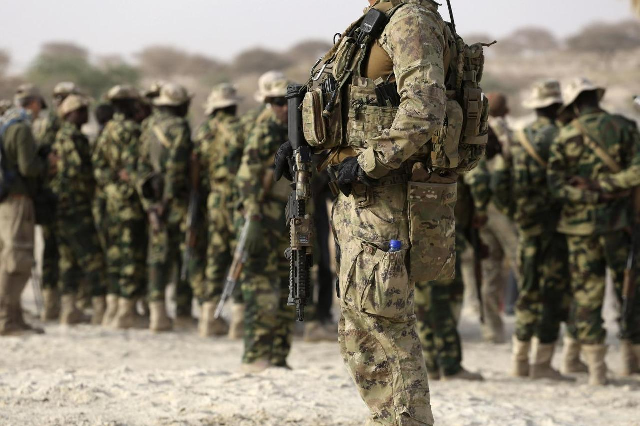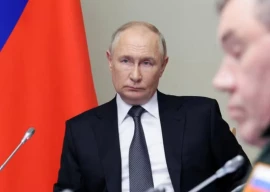
Defense Secretary Mark Esper and Joint Chiefs Chairman General Mark Milley rejected allegations that the Pentagon and other government agencies had falsely reported progress while internally officials were deeply skeptical about the war.
"This has been very transparent. It's not like this war was hiding somewhere," Esper told reporters.
"Between all the folks looking at this conflict over the years, some type of insinuation that there's been this large-scale conspiracy is just, to me, ridiculous," he said.
US lied about Afghan war all along: report
Added Milley: "I know there's an assertion out there, of some sort of coordinated lie over the course of 18 years... I find that a mischaracterisation."
"I know that I and many, many others gave assessments at the time based on facts that we knew at the time," he said.
"And those were honest assessments and they were never intended to deceive either the Congress or the American people."
Last week The Washington Post began publishing what it called "The Afghanistan Papers," a trove of internal government documents documenting the failure to defeat the Taliban group and to strengthen the Afghan government.
The Post said the documents "contradict a long chorus of public statements from US presidents, military commanders and diplomats who assured Americans year after year that they were making progress in Afghanistan and the war was worth fighting."
Milley called the Post reporting "a very, very good piece of investigative journalism."
But he insisted that documents were "backward-looking" interviews and assessments made to review the US experience and not to mask it - unlike the Pentagon Papers, which when leaked in 1971 showed much more manipulative behavior by the government over the Vietnam war.
Milley said US forces have been successful in rooting out al Qaeda, the Afghanistan-based militant group behind the September 11, 2001 attacks on the United States, and to punish their protectors, the Taliban.
"Our original objective going into Afghanistan on the seventh of October, 2001 was to prevent Afghanistan from ever again becoming a platform to launch terrorist attacks on the continent of the United States," he said.
"And that's what we set out to do and to date that's been successful.
"For years we have clearly stated that there's not going to be a rational, reasonable chance of a military victory against the Taliban or the insurgency," Milley said.
"President Bush said that, early on, before Christmas in 2001. And that remains true today."
US resumes talks with Taliban in Doha
With 13,000 US troops still in the country and the Taliban as strong as ever, Milley called the situation a "strategic stalemate" that can only be solved by a negotiated peace settlement between the Taliban and the Kabul government.
He emphasised that the United States had a "vital national security interest" to be in the country.
"Our soldiers, sailors, airmen and marines who have given their lives in Afghanistan have not given their lives in vain."
Esper said the Pentagon had an important reason to be present.
"We have a mission in Afghanistan that is to ensure that it never again becomes a safe haven for terrorists," he said.
"So until we are confident that that mission is complete, we will retain a presence to do that."

















COMMENTS
Comments are moderated and generally will be posted if they are on-topic and not abusive.
For more information, please see our Comments FAQ